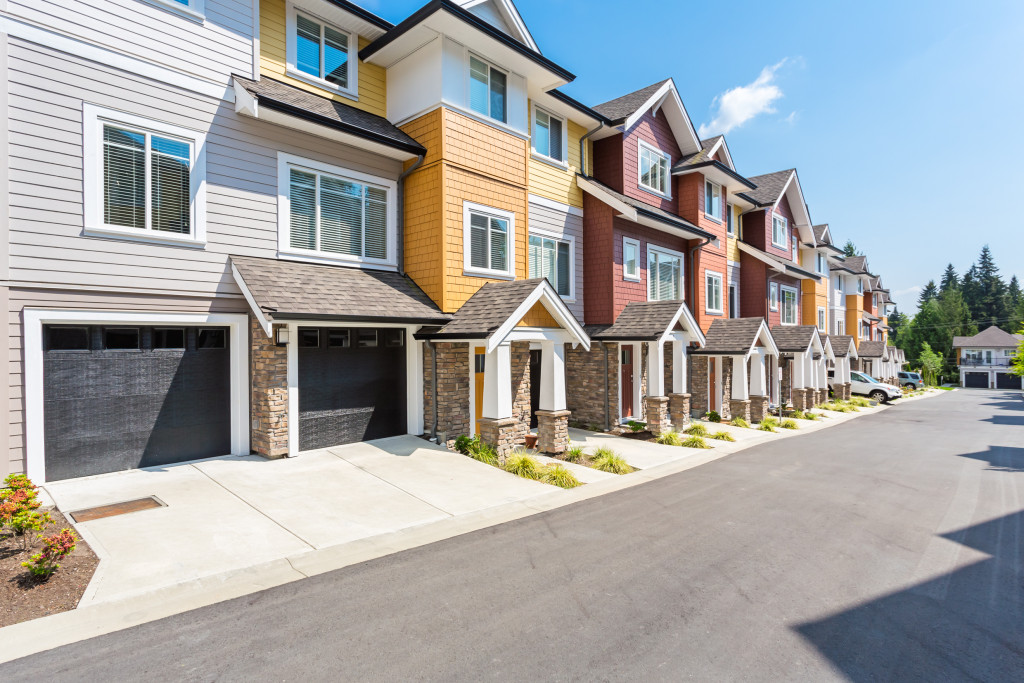- Homeownership signifies financial stability and wealth creation, with location as the crucial deciding factor.
- Move-in readiness of a home can save considerable time, effort, and money on renovations and repairs.
- Understanding financial implications such as affordability, mortgage options, and other financial goals is essential.
- Homeownership requires careful consideration, professional consultation, and informed decision-making.
Homeownership stands as a significant milestone in many people’s lives, often representing financial stability and the establishment of roots within a community. It serves not only as a space of comfort and self-expression but also as a long-term investment and a source of wealth creation. According to the U.S. Census Bureau, the homeownership rate in the United States was 65.9%, indicating the high value placed on owning a home.
Furthermore, a report by the Federal Reserve’s Survey of Consumer Finances shows that the median net worth of homeowners was nearly 40 times that of renters. This stark contrast underscores the financial impact of homeownership and its role in wealth accumulation.
However, buying a home is not a simple decision. There will be many factors and multiple steps before making a significant purchase. Here are a few essential factors to consider when considering buying a home.
Location
Location stands as a paramount factor when considering buying a home, influencing not only your daily life but also the future value of the property. It’s a common adage in real estate that the three most important factors when buying a property are “location, location, location.” But what makes a location “good” can often be subjective, depending on individual preferences and needs. Below are some key considerations that inform the appeal of a home’s location:
Proximity to Amenities
Living close to essential amenities such as grocery stores, schools, hospitals, and recreational facilities can significantly enhance the quality of life. It adds convenience to daily routines and can dramatically reduce commute times.
Safety and Crime Rates

Safety should be a top priority when choosing a location. Researching the area’s crime rates and talking to locals can provide insights into the neighborhood’s safety level. A safer community not only offers peace of mind but also tends to maintain property values better.
Future Growth and Development
Areas with projected growth or ongoing development may offer increased property value over time. Look for signs of investment in the community, like infrastructure improvements, new facilities, and job growth.
Transportation and Commuting
The availability and accessibility of public transportation, as well as proximity to major roads or highways, can make commuting easier and add to a location’s desirability. Consider your daily travel needs and evaluate the area’s transportation options accordingly.
Move-In Readiness
Another crucial factor to consider when looking for affordable houses for sale is the home’s move-in readiness. A home ready for immediate occupancy can save you considerable time, effort, and money for repairs and renovations.
The Advantage of Immediate Occupancy
Choosing a move-in ready home means you can avoid the hassle of coordinating and carrying out updates or fixes before you can settle in. Suppose your home is not prepared to live in. In that case, you may need to find temporary accommodation until the work is completed, which adds an unwanted layer of complexity and potential stress to the moving process.
Financial Consideration
While homes that require some work might be cheaper on the front end, the costs associated with extensive renovations can add up quickly and surpass your initial budget. In contrast, move-in ready homes often have the latest appliances, finished flooring, and updated fixtures, saving you from immediate additional expenses.
Peace of Mind
A move-in ready home also provides peace of mind, knowing that critical elements of the house, such as the roof, HVAC system, plumbing, and electrical systems, are in good working condition. This not only reduces upfront repair costs but also limits the likelihood of surprise repairs cropping up shortly after moving in.
Remember, buying a home is a significant decision. Prioritize finding affordable houses for sale that balance your budget constraints with the convenience and peace of mind that come with move-in readiness.
Financial Implications

Finding the best home for your needs also involves understanding the financial implications of homeownership. Here are a few key considerations to keep in mind:
Affordability
Before starting your home search, it’s essential to determine what you can afford. Consider not only the initial purchase price but also potential closing costs, property taxes, and ongoing expenses such as maintenance and insurance.
Mortgage Options
There are various mortgage options available, each with its unique terms and requirements. Consider consulting a financial advisor to determine the best fit for your financial situation.
Long-Term Investment
Buying a home is also an investment in your future. As discussed earlier, homeownership can lead to significant wealth creation over time. It’s essential to consider the long-term implications of your purchase and choose a property that has the potential for appreciation in value.
Other Financial Goals
It’s crucial to evaluate your other financial goals and how homeownership fits into them. For example, if you plan to start a family or retire shortly, it may impact your decision on the size and location of the home you purchase.
Final Thoughts
Buying a home is an exciting and significant milestone, but it’s essential to approach the process with careful consideration. Ultimately, finding the right location, move-in readiness, and understanding the financial implications can lead to a successful and rewarding homeownership experience. Remember to consult with professionals, research, and make informed decisions based on your unique circumstances.

